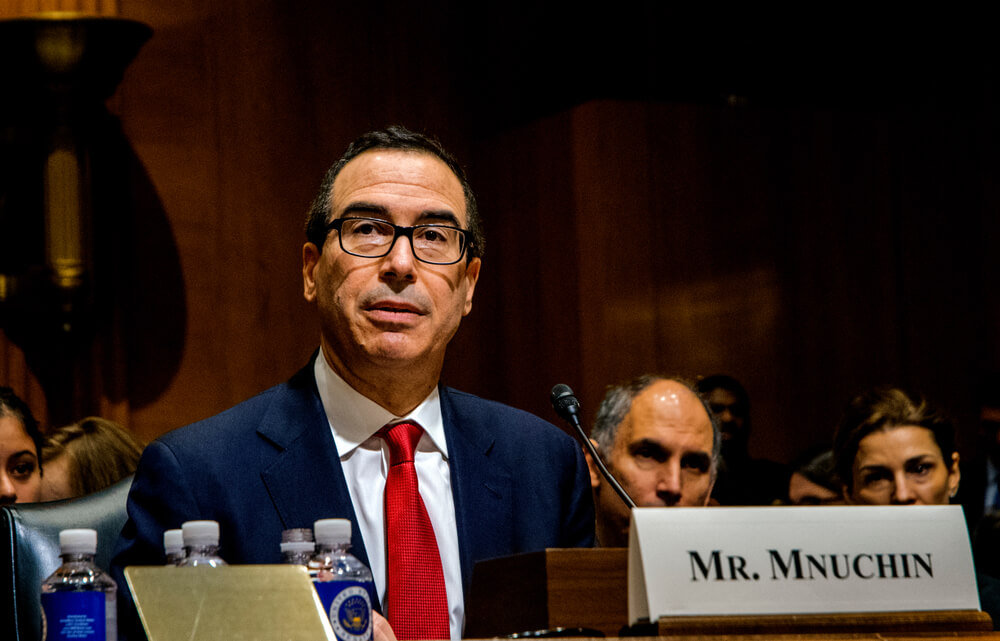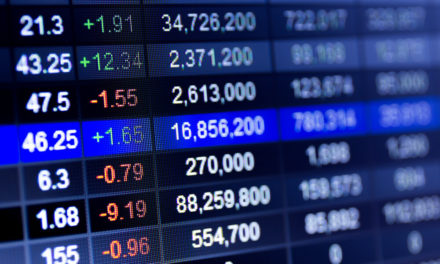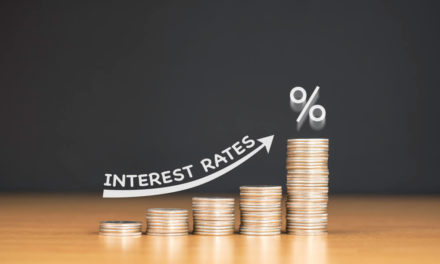Treasury Secretary Steve Mnuchin has his own thoughts on why the stock market has been so volatile since September’s high, with December shaping up for its single-worst performance since 1931.
Mnuchin gave an interview with Bloomberg on Tuesday, and he said the effects of a financial-crisis-era Volcker rule and high-frequency trading are the two main culprits behind the market collapse since October, which has led to unprecedented asset volatility.
“In my opinion, market structure has led to a lot more volatility. Part of this is a combination of the market presence of high-frequency traders combined with the Volcker Rule,” Mnuchin said.
The Volcker Rule, named after former Fed Chair Paul Volcker, is a federal regulation that prohibits banks from conducting certain investment activities with their own accounts, limiting ownership of and relationship with hedge funds and private equity funds.
Its main purpose is to prevent banks from making certain types of speculative investments that contributed to the Great Recession in 2008.
The high-frequency trading Mnuchin is referring to is super-powered computers that execute transactions at lightning-quick speeds.
The Dow Jones Industrial is down about 7 percent right now and if it finishes the month there or lower, it will be the worst December on record since 1931, when the market dropped a staggering 17 percent.
The S&P 500 and Nasdaq also are on pace for a terrible December, the worst since 2008, mostly due to trade tensions between the U.S. and China, and rising interest rates.
And Mnuchin isn’t alone in placing blame for volatility on Wall Street’s market structure.
Per MarketWatch:
Fed Gov. Lael Brainard in a speech earlier this month said computer-driven trading in the Treasury market may also be fueling erratic swings, sometimes referred to as flash crashes. Brainard, in contrast to President Donald Trump’s Treasury secretary, said the post-crisis banking laws have not contributed to liquidity problems.
Mnuchin’s comments came with Trump having squarely — and repeatedly — placed blame for the swift retrenchment in markets on the shoulders of Federal Reserve Chairman Jerome Powell, whom the president has accused of undermining his efforts to bolster economic growth. (Trump chose Powell over incumbent Fed chair Janet Yellen in 2017.)
A rate increase on Wednesday is anticipated, but a number of market pundits have cautioned that if the central bank becomes too aggressive in the pace of its rate increases, it could derail the stock market and thrust the economy into recession.




